Guangzhou's governance model benefits all, says Metropolis chief
"So Metropolis, the organization that brings together many cities from around the world, has a long-standing partnership with the city of Guangzhou," said Jordi Vaquer, Secretary-General of Metropolis—the World Association of the Major Cities.
As he noted in his recent exclusive interview with GDToday, Guangzhou's approach offers "really inspiring" lessons for cities worldwide, as many face the dual challenges of sustainable development and technological transformation.
With over 150 member cities, including 30 from China, Metropolis has long collaborated with Guangzhou and the Guangzhou Institute for Urban Innovation through the Guangzhou Awards.
This partnership recently convened global city leaders and award winners to address two critical issues: localizing sustainable development goals and leveraging technology for implementation.
Livable communities for all
Beyond theoretical discussions, delegates witnessed Guangzhou's best practices firsthand. Key areas include smart transportation, artificial intelligence, and the emerging low-altitude economy.
Vaquer noted Guangzhou's human-centric urban renewal: "The city has been rehabilitating old neighborhoods in the center and creating safe community spaces for older people, children, and everyone living in the neighborhood to support each other." This demonstrates that the city invests not just in "big mega projects," but also in the human scale and the quality of life.
This focus on the "human scale" and "quality of life" shows that Guangzhou balances mega-projects with grassroots inclusivity. Such efforts reflect a broader trend in East Asia, where cities like Singapore and Seoul are reimagining aging societies through technology and design.
Meanwhile, Guangzhou is at the forefront of addressing demographic shifts. By pioneering "dementia-free urbanism"—through health bracelets, navigable streets, and age-friendly infrastructure—the city transforms aging into an economic and social opportunity. "A city that's friendly to older people is also going to be friendly to kids and people with disabilities," Vaquer emphasizes. "In the end, it makes cities more livable for everyone."
Innovation made in coping climate changes
Guangzhou's innovative responses to climate change—a pressing issue for this "flood-prone area"—have made a lasting impact. Vaquer notes how the city addresses "two significant effects of climate change": extreme heat and flooding.
By integrating "technology-based solutions and nature-based solutions," Guangzhou mitigates the urban heat island effect and flood risks. "This is not only a model for other cities," Vaquer asserts, "but also demonstrates how to turn challenges into opportunities."
Inclusivity and openness win
Amid tightening immigration policies in the West, Vaquer sees a pivotal moment for East Asia: "This is a great opportunity for China and other nations to embrace the idea that they can also attract international talent."
Guangzhou's dual focus on sustainability and inclusivity highlights its role as a global laboratory for urban innovation. As Vaquer concludes, such strategies are not just local fixes but "a winning strategy in the long term" for cities around the world.
Reporter | Guo Zedong
Video & Cover | Guo Hongda
Editor | Yuan Zixiang, James, Shen He
 最新热点
最新热点
-
遇见广州,解锁未来都市的N种模样 | 粤见APEC
-
独家视频丨习近平同乌拉圭总统奥尔西举行会谈
-
独家视频丨习近平同乌拉圭总统会谈:持续深化全面战略伙伴关系 加强全球南方团结协作
独家视频丨习近平同乌拉圭总统会谈:持续深化全面战略伙伴关系 加强全球南方团结协作
最新热点2月3日上午,国家主席习近平在北京人民大会堂同来华进行国事访问的乌拉圭总统奥尔西举行会谈。 习近平指出,中国有句古语,“相知无远近,万...
-
独家视频丨习近平同乌拉圭总统会谈:你是中国人民的好朋友 也是今年首位访华的拉美国家元首
独家视频丨习近平同乌拉圭总统会谈:你是中国人民的好朋友 也是今年首位访华的拉美国家元首
最新热点2月3日上午,国家主席习近平在北京人民大会堂同来华进行国事访问的乌拉圭总统奥尔西举行会谈。 习近平指出,38年前的今天,中乌实现建交。38年来,无...
-
广东这个千年古县,韩愈来了都说好



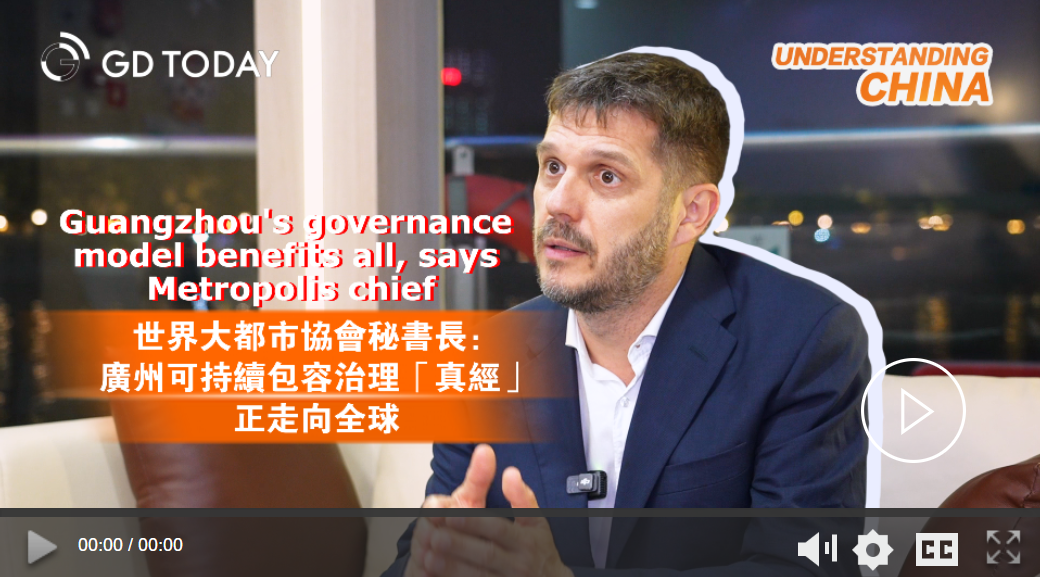
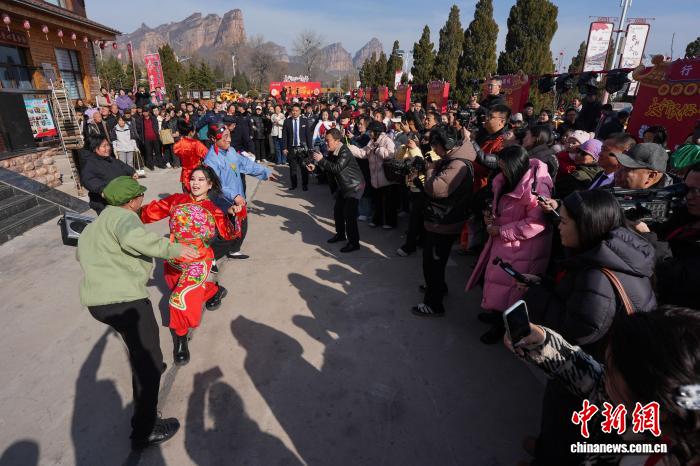
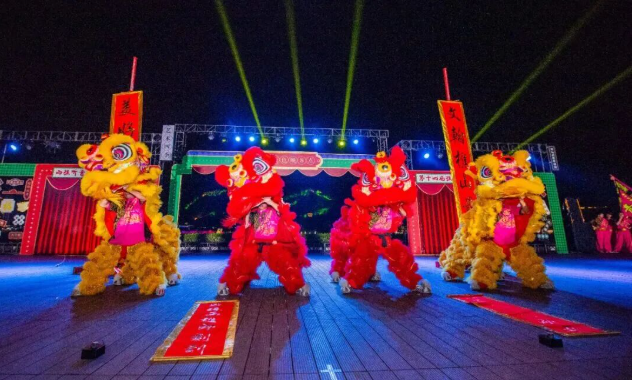
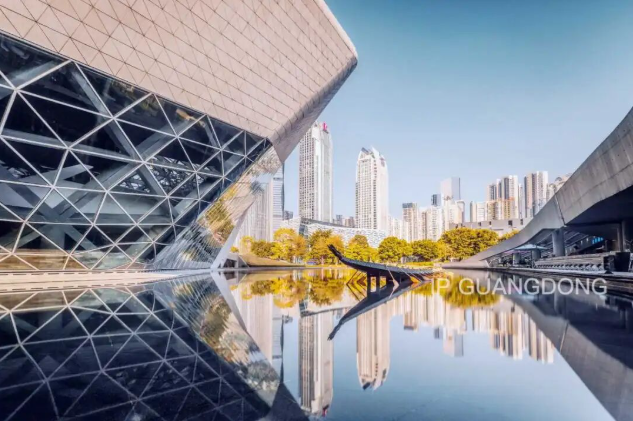
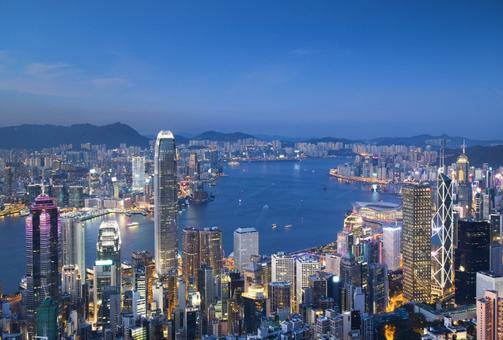

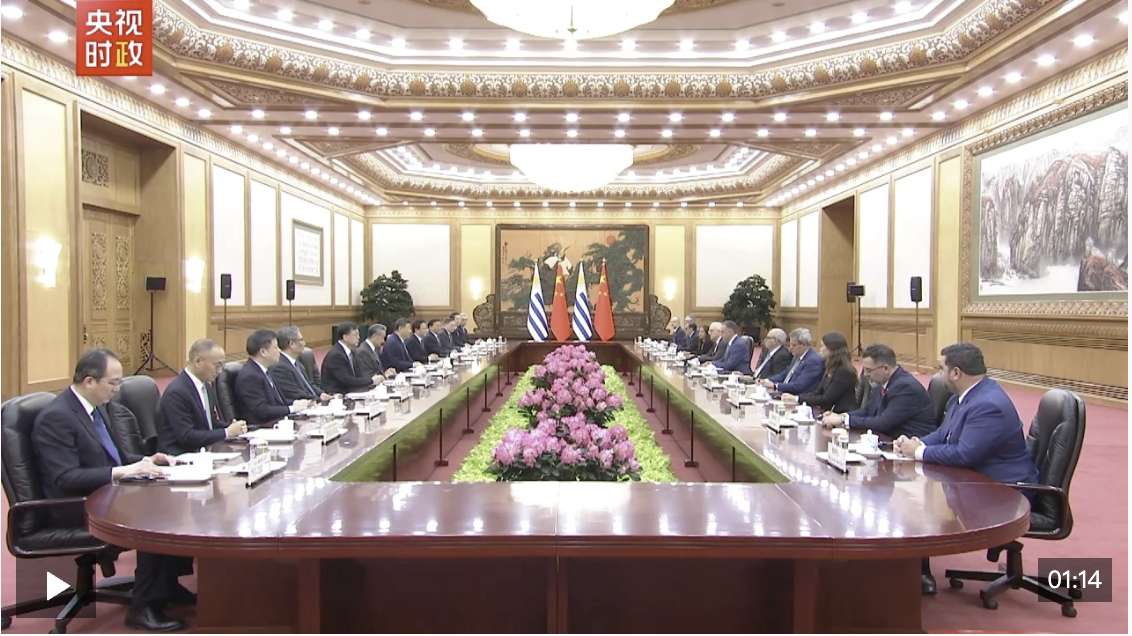
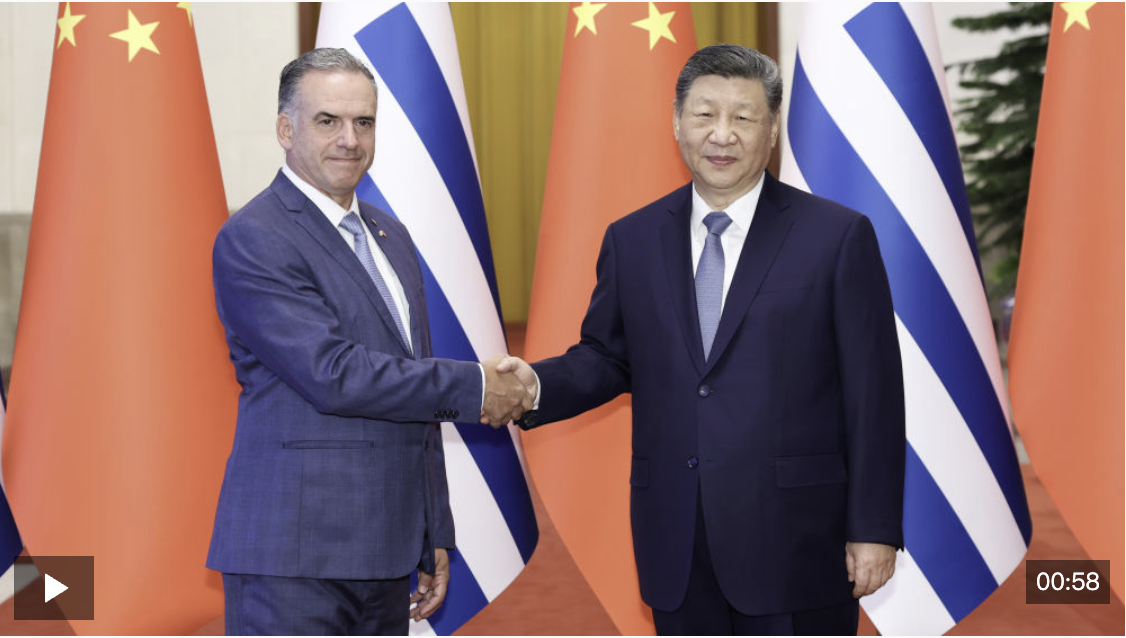
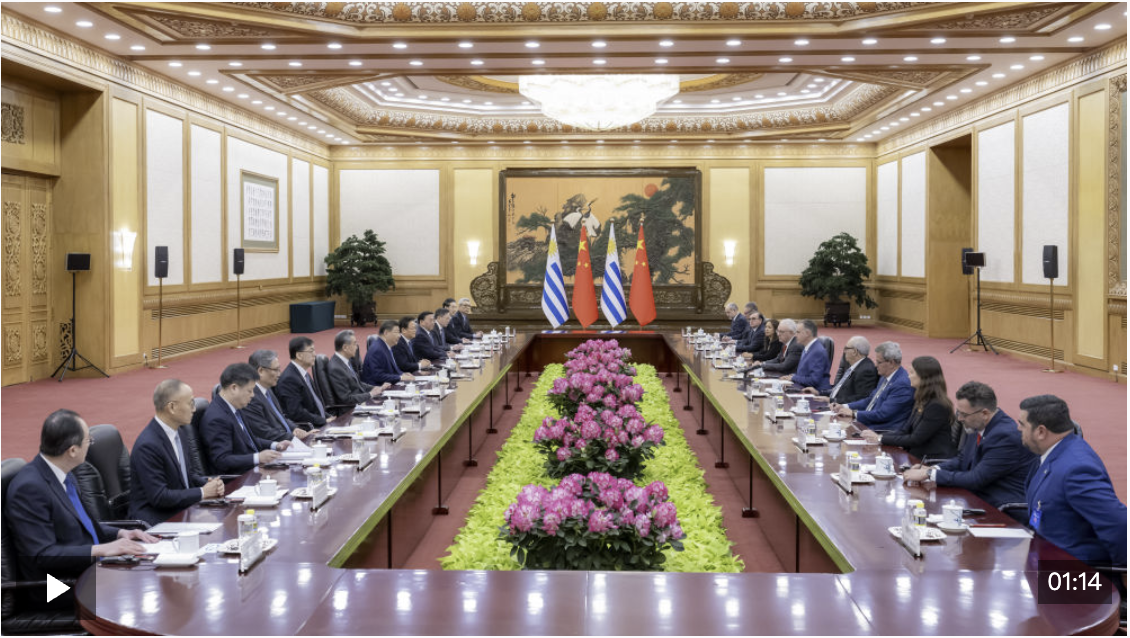


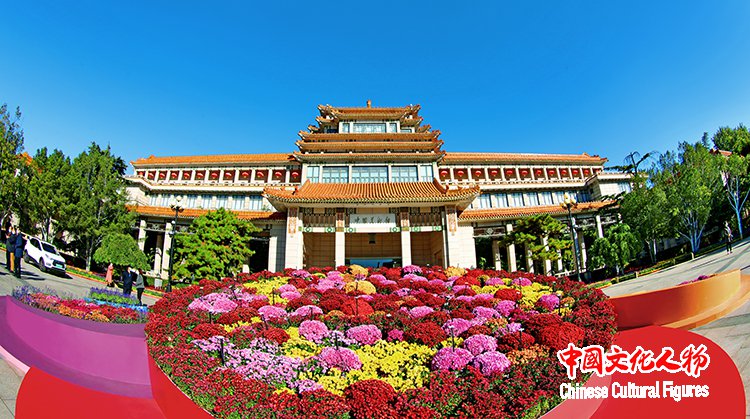
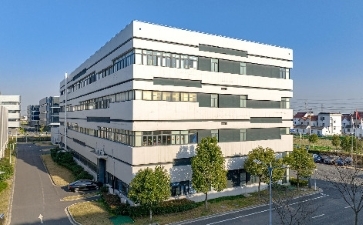 北京将打造现代化首都都市圈 壮大先进制造业集群
北京将打造现代化首都都市圈 壮大先进制造业集群
 中国“个性年货”俏销 多元供给精准对接需求
中国“个性年货”俏销 多元供给精准对接需求
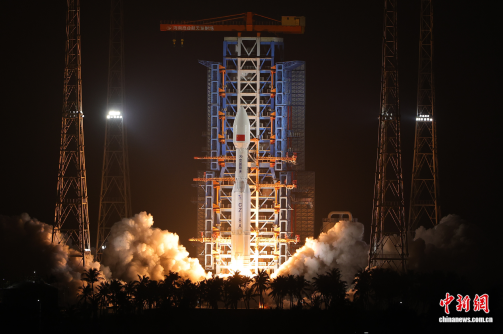 中国成功发射卫星互联网低轨18组卫星
中国成功发射卫星互联网低轨18组卫星
